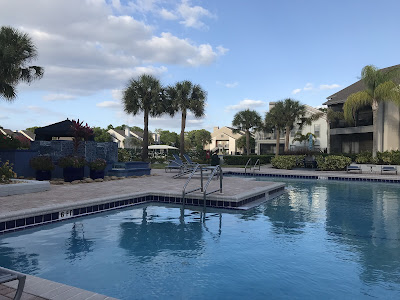http://news.bbc.co.uk/1/hi/world/africa/7262951.stm
Old news...
http://www.nationalgeographic.com/adventure/0408/excerpt4.html
Some of these animal rights groups are starting to sound like kids, who've been refused a toy at the local fair. If we didn't have so many people, we wouldn't need as much land. And if we didn't need as much land, there will be more land for wild animals to roam and, therefore, less chances of conflicts occurring between humans and wild animals. But it is a little too late to lament the high population of humans. We cannot cull humans. So it will have to be big animals instead. Why? Leaving them as they are would mean the extinction of smaller animals that compete for food and space with those bigger animals in the same habitat...the habitat that is being increasingly used by humans. And, yeah, I am quite sure hunting would be the primary means of culling. The culled animals will feed 100s of human mouths in Africa. I feel really bad for those forestry officials who care more about these animals than anyone else. They are always being bad-mouthed. I am quite sure that some have their jobs only for material reasons. But I am also equally sure that a lot of them do their jobs because they are passionate and trust no one else to take care of what is out there.

Taxi to the Dark Side (2007).
In a statement anticipating the announcement (of the cull), one of the animal rights groups has asked, "How much like us do elephants have to be before killing them becomes murder?"
My answer: "Easy. When human civil liberties and rights are applicable to elephants then, yeah, culling becomes murder. But I hardly think that I will see that happen in my lifetime--just watch Taxi to the Dark Side to see what I mean. We have enough issues amongst major groups of humans, as it is. Until then, know the difference between sentiment and reality!"




3 comments:
The problem is, it's not just sentiment. Yes, when it comes to a black and white choice between humans and animals, of course humans are going to win, since we can't cull the population down (that's what disease and war do). But constantly driving down the populations of various species, and driving them to extinction can have a serious affect on our quality of life. Take something as seemingly innocuous as a bee. Before this bee plague (or whatever it is), you really only thought of bees as a pest that you didn't want to sting you. Now that the population is suffering for unknown reasons (who knows if it's from some other impact we're having on the environment), the pollination of our crops becomes much more difficult. If it continues and food prices go up and crops become scarcer, then conflict breaks out over food. All because of something as small as a bee.
"But constantly driving down the populations of various species, and driving them to extinction can have a serious affect on our quality of life."
Exactly, Raina. The industrial age has increased human life span and decreased infant mortality. This is not natural--the more humans there are, the less resources available to other species.
In the case of the African elephant, the SA govt. was all to successful in its conservation efforts to increase their once dwindling numbers and now have to perform a cull. They are getting a bad rap for it.
I think that organizations usually tend to work harder on conserving larger animals (Wolves, Polar Bears, Elephants, Whales, etc.) since larger animals need more space/food to thrive and also because larger animals are what are usually in the public eye. I mean, how many kids have stuffed bee dolls to hug in bed (the ones I know died of suffocation)? Yes, bees are cute but not too many of us actually notice them anymore...the same way that not too many of us look up toward the heavens to appreciate the stars anymore :)
Very true! The big animals tend to be more easily anthropomorphized and lovable, so they get more attention.
Post a Comment